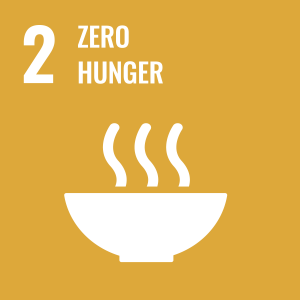Economic and environmental sustainability through green composting: A study among low-income households

Climate change hinders economic growth across the globe, whereas green products and/or the adoption of green practices can effctively mitigate the deteriorating conditions of climate. A large proportion of the world population is living in remote areas with low income, and they should be included in the mitigation efforts to reduce the damaging effcts of climate change. Therefore, this study intends to examine the intentions and behaviors towards green composting among low-income rural households to generate income, improve agricultural productivity, and reduce dependency on chemical fertilizers. This study adopted a cross-sectional research design and used structured interviews to collect quantitative data from 420 low-income households living in rural areas in Peninsular Malaysia. This study adopted the Theory of Planned Behavior (TPB) and extended the TPB by embedding the constructs of perceived benefits and eco-literacy into the attitude towards the environment, normative beliefs by extending the subjective norms, and perception of startup resources by extending the perceived behavioral control. The study outcomes revealed that eco-literacy and perceived benefits had a significantly positive effct on attitude towards the environment; normative belief on subjective norms; perception of startup resources on perceived behavioral control; attitude towards the environment on subjective norms; perceived behavioral control on intention towards green composting; and intention towards green composting on green composting adoption behavior. The findings may serve as a guideline to policymakers for the adoption of composting, which can mitigate environmental issues in addition to generating economic activities for low-income residents in Peninsular Malaysia. The study’s limitations and future research opportunities are reported as well.

Source Title: Sustainability (Switzerland)
DOI: 10.3390/su12166488
Document Type: Article
Mamun A.A., Hayat N., Malarvizhi C.A.N., Zainol N.R.B., 2020
he MMU Digital Futures Research Hub is a multi-disciplinary platform for research on the digitalization of our society. The goal is to foster innovative, cutting-edge multi-disciplinary research, and to provide outstanding training for talented young scholars and students through 8 research institutes.
The hub is a community and industry centric entity, with 20 professor chairs that brings together universities, governmental and industrial research organizations, as well as state and federal governments.

